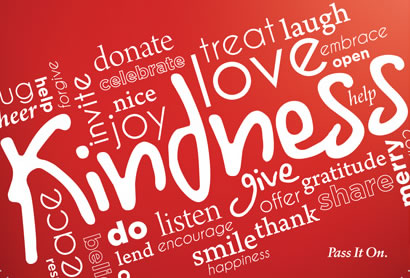GRATITUDE Daily Devotional: Nov 14
Cultivate gratitude each day this month. Day 14: The Joy of Generosity Scripture: 2 Corinthians 9:6-7 –– The point is this: the one who sows sparingly will also reap sparingly, and the one who sows bountifully will also reap bountifully. 7 Each of you must give as you have made up your mind, not regretfully or […]

